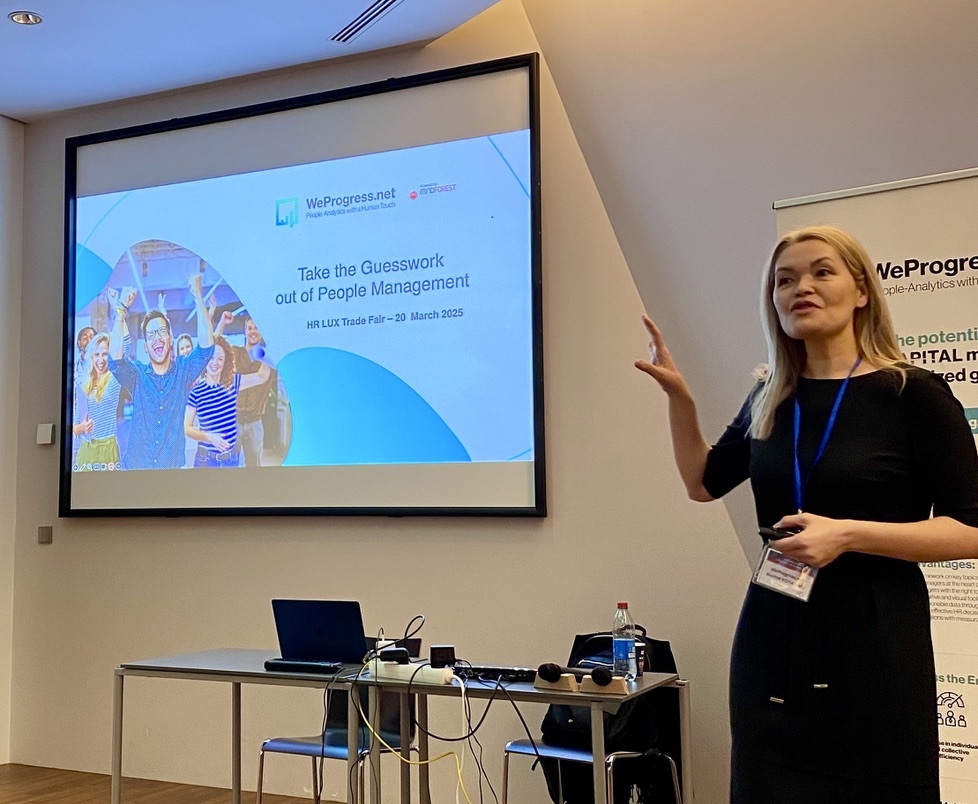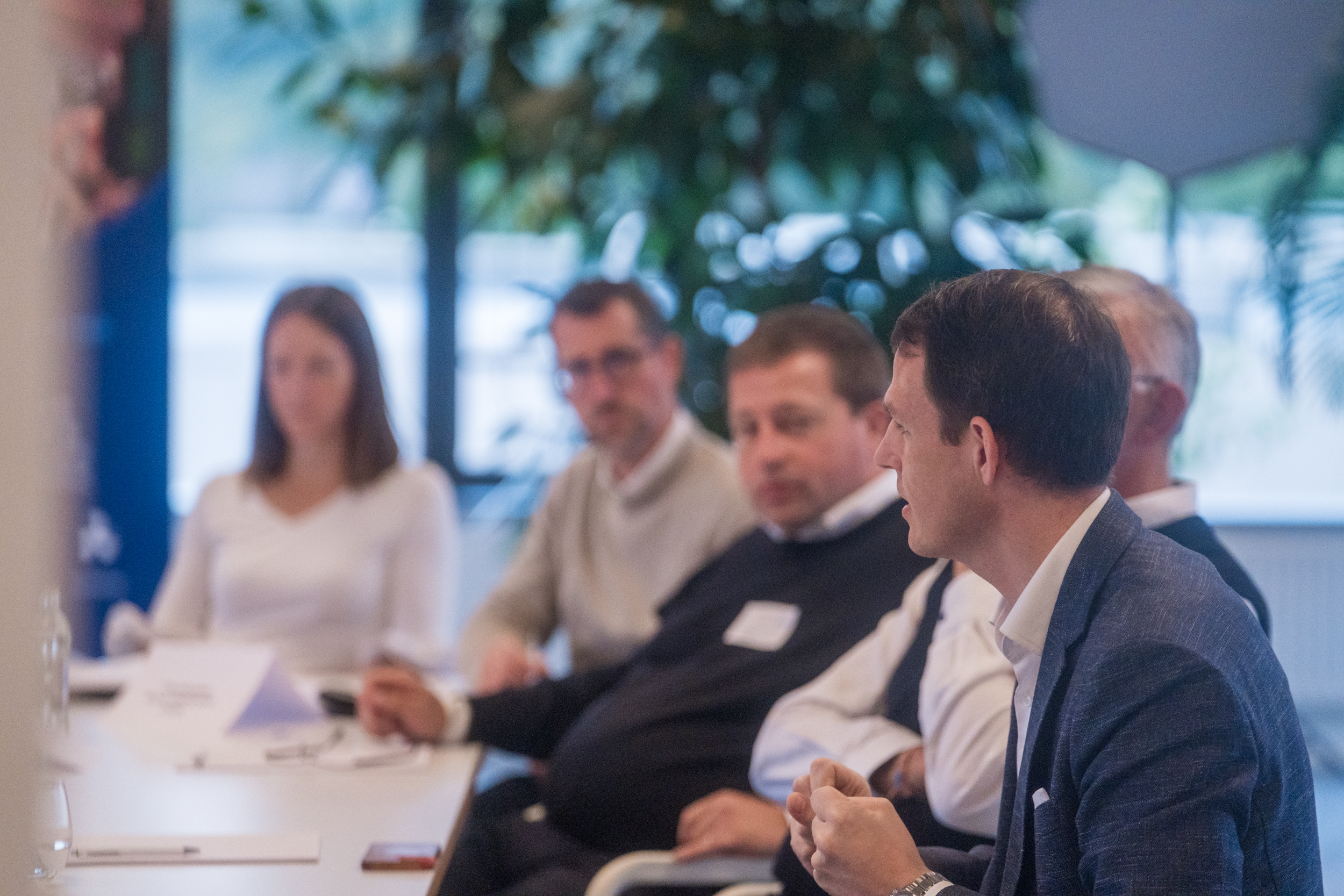Driving towards success: the facilitator as a key player for your communities of practice
Creating collaborative environments within teams and especially communities is a key objective for both private and public organisations. They harness knowledge, enable problem solving and drive innovation within these organisations. Communities of practice can certainly be self-created when collaborators within a company identify a common challenge or a particular interest in a topic, but organisations cannot be sure that this will always occur and may therefore decide to create such communities “artificially”, in a proactive way.
These communities make particular sense when there is a need to further expand knowledge and create cross-organisational approaches.
They can also be the result of a network of change ambassadors which, at the end of the change project, will be converted into a community of practice in order to capitalise on the dynamics that have been created throughout the project.
What is a community of practice?
“a group of people who share a common interest, issue, or passion for a specific topic and who would like to deepen their knowledge and expertise in that area by interacting regularly together.”
Wenger, McDermott and Snyder, “Cultivating Communities of Practice”, 2002
Why resort to a community facilitator?
A community that has been created ex nihilo will be said to be “steered” and will probably not have the same participative dynamics at the start as the ones that are directly initiated by employees. In fact, in the case of steered communities, the participants are often hand-picked and the interest in contributing only develops over time; as does the feeling of trust among the members of the community.
Furthermore, in some organisations, knowledge sharing is not automatic as it is synonymous with power and authority.
This is where the existence and involvement of a community facilitator becomes very important. Among other things, (s)he will have the difficult task of creating a bridge between the participants and of attributing momentum to the community. He or she must be inspiring, dynamic and motivating; fulfilling a role as one of the central keys to success in deploying a steered community.
The missions and tasks of a community facilitator:
- Create a bridge between members
- Facilitate exchanges between participants
- Establish a climate of trust
- Forge a link between the organisation’s global strategy and the objectives of the community
- Keep track of the knowledge acquired
- Implement a sharing routine.
What are the facilitator’s main challenges
Even if a community has been initiated by the organisation, this does not mean that running it will be a smooth ride. The facilitator will face a number of challenges which will obviously vary according to the organisational context in which the community is being rolled out.
The early stages of community building are those in which the facilitator will need to invest the most energy and patience in creating a framework of trust and establishing a sharing routine to which members will adhere.
- Creating excitement
- Generating a buy-in and participation
- Facilitating the emergence of a sense of belonging and a willingness to share
- Attributing legitimacy
- Ensuring that members have enough time to contribute to the community
- Ensuring that managers also agree to let their staff participate
- Helping staff to overcome an organisational culture that is reluctant to enhance knowledge sharing
- Helping to overcome organisational silos and policies
- Balancing the organisation’s strategic interests with community needs.
What are the best practices to animate your community efficiently?
MindForest has drawn up a list of best practices based on its experience in this field from which facilitators can draw inspiration to keep their communities alive:
- Clarify the missions and objectives of the community during the kick-off meeting and reiterate them regularly
- Create a routine and a rhythm of activities
- Identify and select collaborative tools suited to the context
- Identify the right profiles for the community
- Communicate regularly with community members
- Share relevant information/documents with members
- Define interactive events and activities
- Ensure that all members feel comfortable and are involved
- Invite external speakers to bring fresh perspectives
- Gather regular feedback from members and adapt the functioning of the community if necessary.
Let us help you
WANT TO RECEIVE OUR LATEST THOUGHT LEADERSHIP CONTENT?
Related posts
 Take the Guesswork out of People Management
Take the Guesswork out of People Management
 From processes to people: achieving quality
From processes to people: achieving quality
 Daring to lead Positive Transformation: What if Positive Emotional Capital was your key to sustainable change?
Daring to lead Positive Transformation: What if Positive Emotional Capital was your key to sustainable change?
 Why hire Change management professionals? We can do it alone!
Why hire Change management professionals? We can do it alone!
 Digital Transformation and Change Management: Lessons shared in an event hosted by Cebi and MindForest
Digital Transformation and Change Management: Lessons shared in an event hosted by Cebi and MindForest



